Rebecca Watkins, Field Guide to Forgiveness, navigates memory’s rocky terrain to find bridges, both literal and metaphoric, “over the suspension bridge, becoming//the girl no one knew,” toward a singular truth. “No one is beyond repair.” Not even the speaker of these restless and incantatory poems. Watkins writes, “I was the last one I’d forgive.” From a daughter finding a way to forgive a mother that may have had other dreams, to a wife finding her place on someone else’s timeline, these poems communicate a search for identity and safety, and will resonate with anyone willing to undertake that search. If grace is a simple elegance, an act of goodwill or divine impulse, then these poems go in grace, “I’ll take that bitter meat from my chest,//Feed the wolves this one last time.”
–Mary Lou Buschi, author of Paddock (Lily Poetry Review Books)
Rebecca Watkins’ poetry should not be approached lightly. I’d recommend taking a deep breath, sitting some place away from televisions, fluffy pillows and precious porcelain, and dive into Field to Forgiveness with eyes wide open. But don’t think of this as a warning, but an invitation. An invitation to let yourself be permeable, or you can say vulnerable, to the world as it is, replete with beauties and fraught with imperfections. She reminds us that “The first half of our life is spent being horrified / by our ancestors” but “It is possible to make a mosaic from what broke apart.” Her voice in these poems is soft and ominous, firm and compassionate, strong without wielding weapons other than her courage, her empathy, and the certainty that “the ache toward forgiveness has begun to outweigh the deed”.
–Juan Mobili, author of Contraband and Pushcart Prize Nominee
If, as Rebecca Watkins writes, “an open wound is a parched throat,” then these poems are cool water for anyone hurting, anyone navigating the complex terrain of loss, anyone trying to heal. Watkins is a poet of relentless seeing and re-seeing. Her poems ooze with tenderness and wisdom, neither of which glosses over the difficult realities present here in the forms of grief, addiction, school gun violence, and the pandemic. In the face of it all, the power of this poet is in her ability to say yes: “Since you asked—/ yes, I will die/ for your children/ when the time comes.” Watkins writes with a startling clarity rooted in deep knowledge, love, and an ever-awareness of language’s limits. Here is a poet willing to “walk naked into the desert until my body becomes sand.” Here is a poet embracing loss as it leaves “a field open within us.”
–Lily Greenberg, author of In the Shape of a Woman Pushcart Prize Nominee

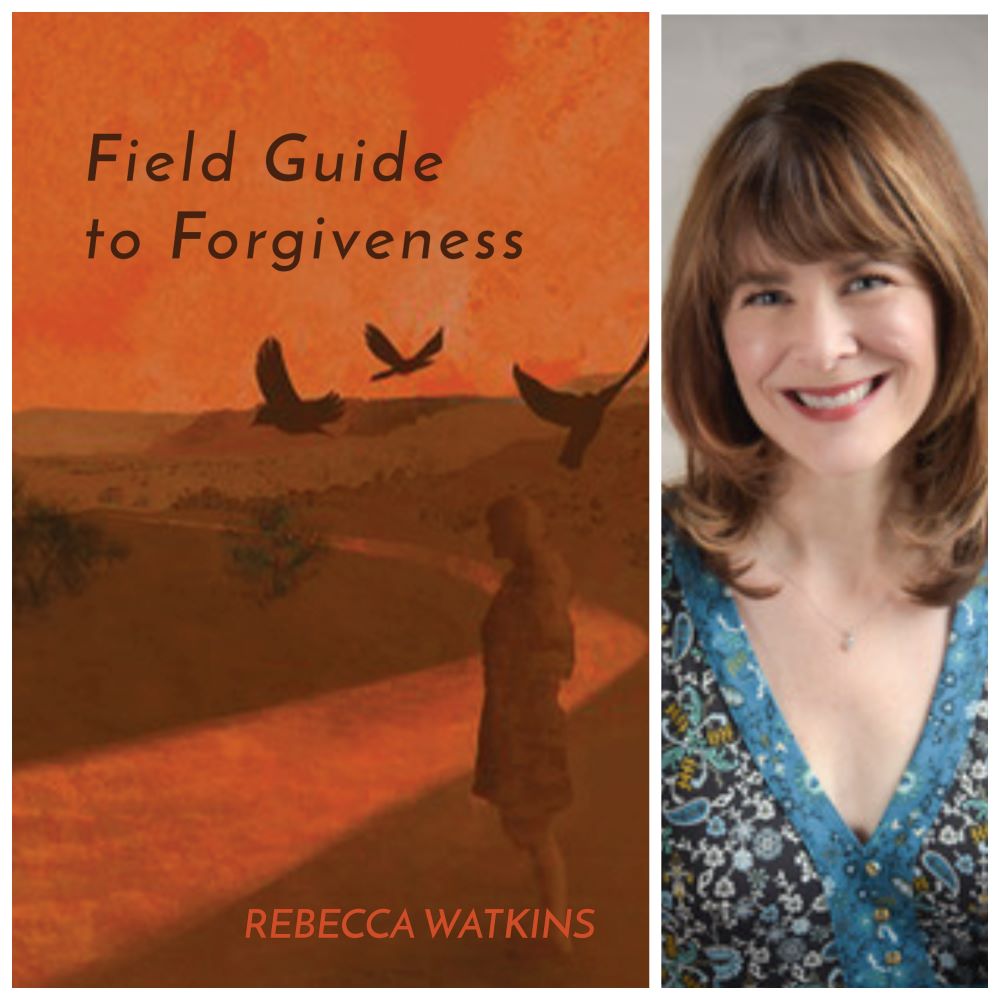
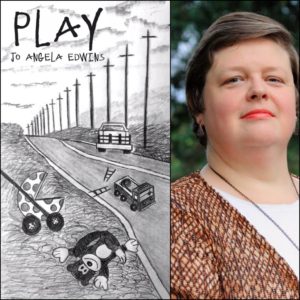
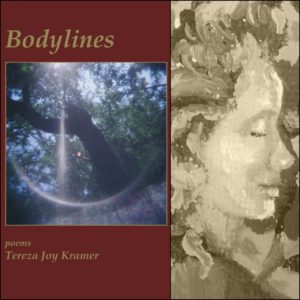
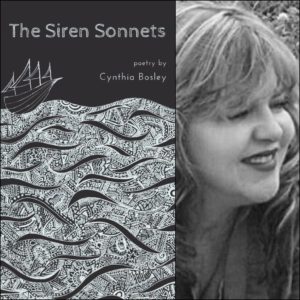
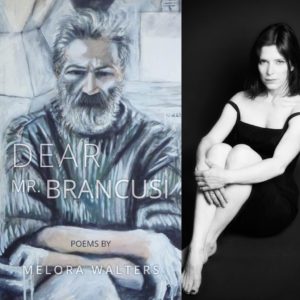
Reviews
There are no reviews yet.